India elections test Narenda Modi's popularity after currency chaos
Sun 05 Feb 2017, 15:21:36
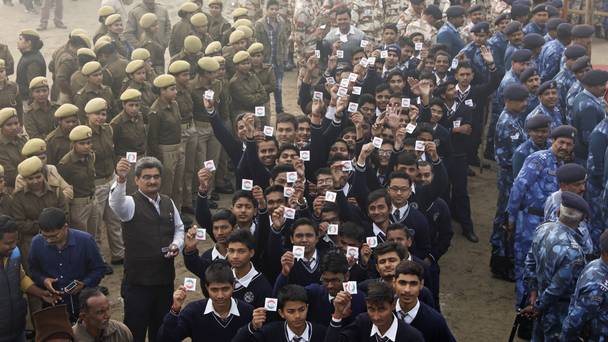
Nearly three years ago, he won a sweeping national election victory with promises to develop the economy and root out corruption.
SHARE
Now India is just emerging from the fallout of a November decision that withdrew India's two largest currency notes from circulation and caused weeks of chaos as people waited to get their money back in new bills.
Mr Modi and his Bharatiya Janata Party hailed the move as a way to curb tax fraud and corruption and push India towards more digital spending.
Opponents say it was a self-inflicted blow on the world's fastest-growing economy, causing enormous hardship for the vast majority of Indians, who often rely completely on cash.
While the five state elections will not decide whether Modi remains in office, a loss would be seen as a serious blow to his political image.
Most important is the northern state of Uttar Pradesh, whose immense population of 204 million means state elections often help shape the national political agenda.
"In these elections, Uttar Pradesh is the real biggie," said Ajoy Bose, a political analyst in New Delhi.
"If the BJP were to lose in Uttar Pradesh, it would be a huge setback, both for the party and for Modi.
"It would destroy the myth of Modi, who has been projected as this political juggernaut of invincible proportions."
Elections were held on Saturday in the northern state of Punjab and the beach resort state of
Goa.
Goa.
Hundreds of paramilitary troops and police were posted near voting stations across Punjab to ensure security as voters stood in long queues to cast their ballots.
By evening, when voting ended in Punjab, around 83% of the state's eligible voters had cast ballots, with an even higher turnout in Goa.
In the next phase of the election, the Himalayan state of Uttarakhand votes on February 15, and remote north-eastern Manipur on March 4 and 8.
Elections in Uttar Pradesh begin on February 11, but because of the state's size, voting is divided into seven phases. Results from all the elections will be declared on March 11.
In Punjab the ruling coalition of the BJP and the regional Shiromani Akali Dal party faces the twin challenges of strong anti-incumbency sentiment and anger against the chaos unleashed by the currency withdrawal.
Voters appeared to hold Mr Modi responsible for the economic disruption that followed the abrupt removal of currency.
"The people's anger is directed against Modi and this will be reflected in the way they vote," said Mr Bose.
In Goa, the ruling BJP was beset with divisions among its political allies, while the Aam Aadmi Party and the Congress were also putting up a strong fight.
Mr Modi's performance in the state-level polls is likely to determine his political strategy in the run-up to the next national elections due in 2019, when he is hoping to win a second term in office.
No Comments For This Post, Be first to write a Comment.
Most viewed from National
Most viewed from World
AIMIM News
Latest Urdu News
Most Viewed
May 26, 2020
Is it right to exclude Bangladesh from the T20 World Cup?
Latest Videos View All
Like Us
Home
About Us
Advertise With Us
All Polls
Epaper Archives
Privacy Policy
Contact Us
Download Etemaad App
© 2026 Etemaad Daily News, All Rights Reserved.

.jpg)
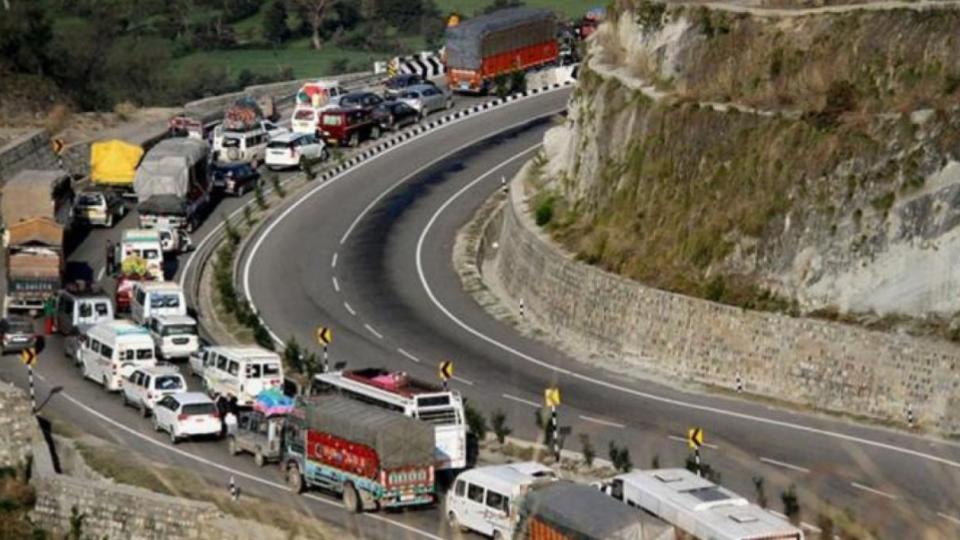
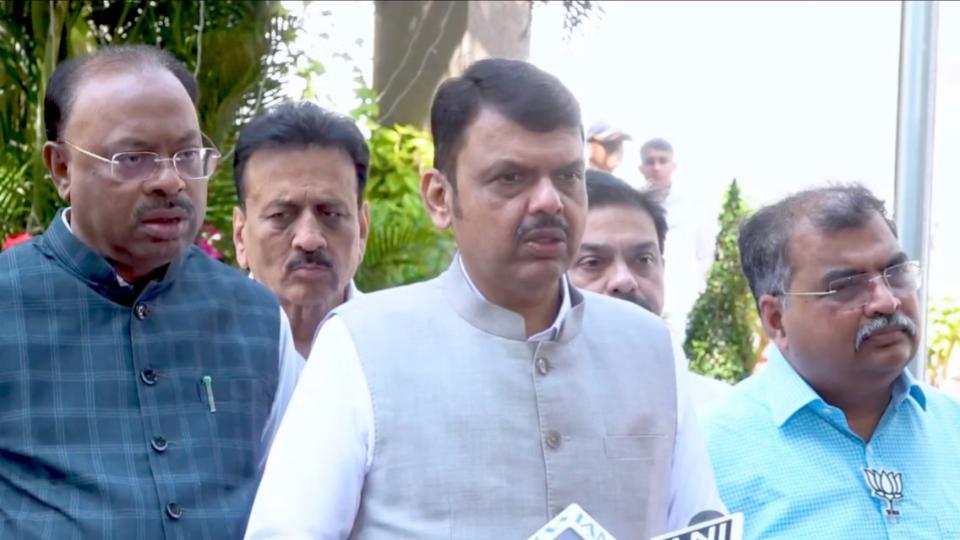

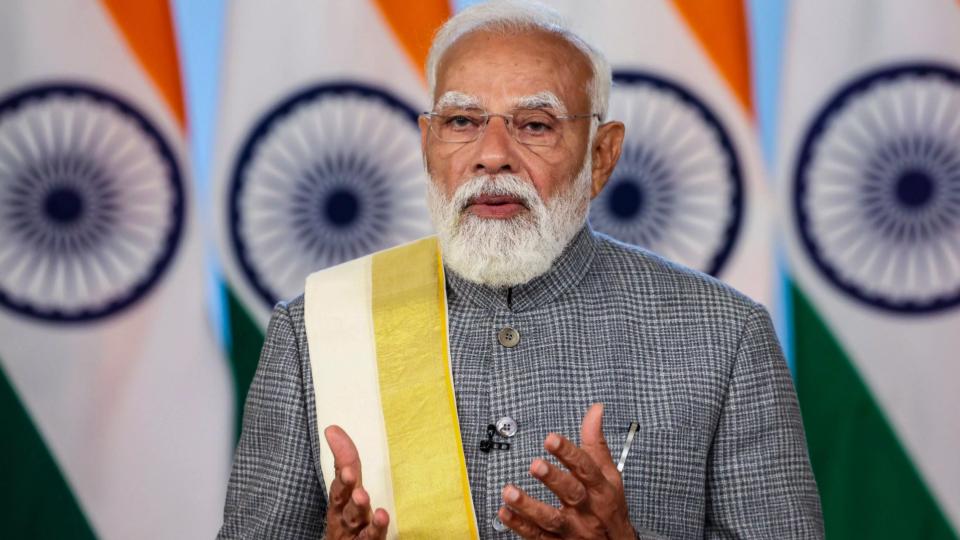
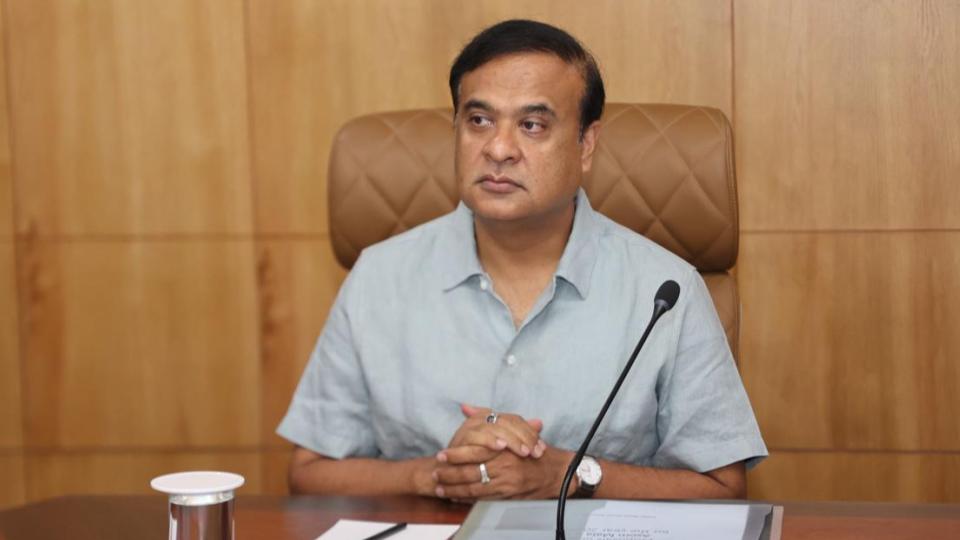

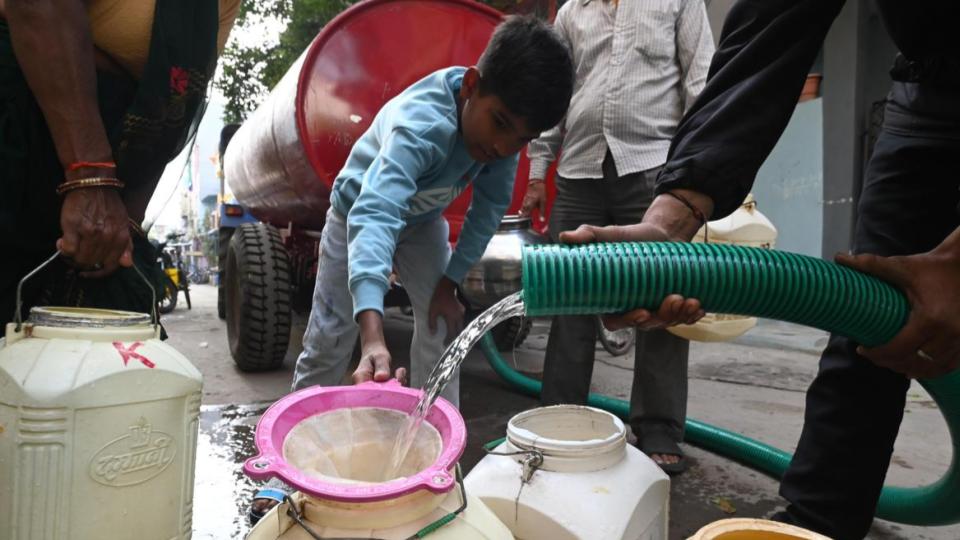
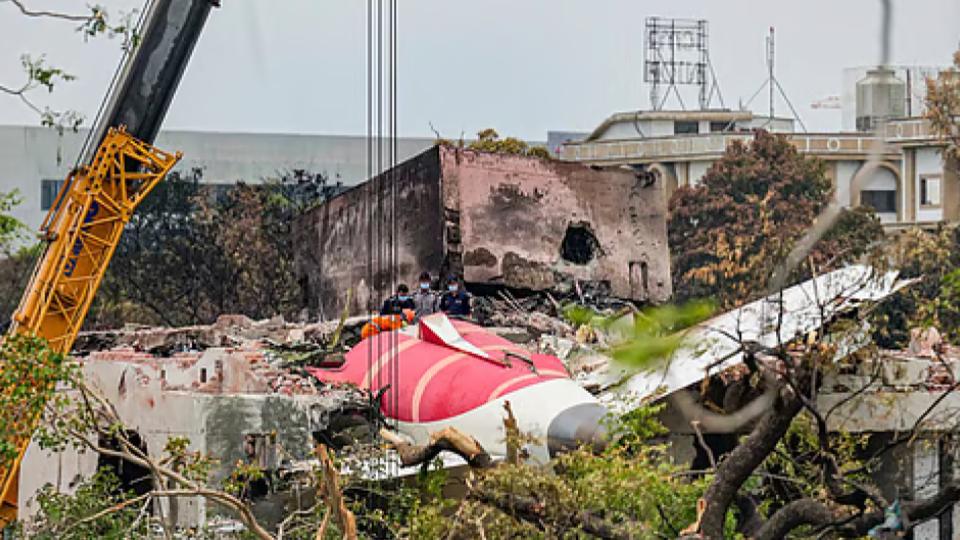

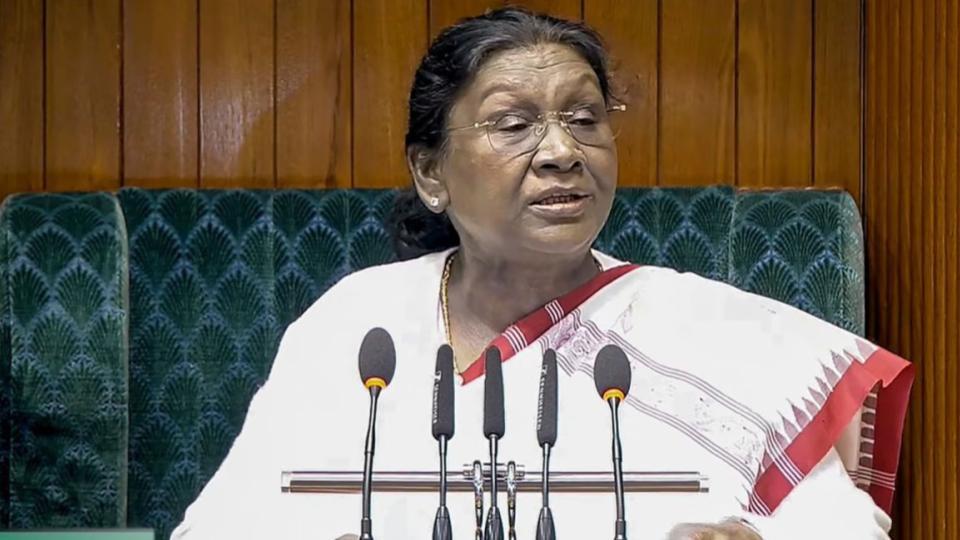
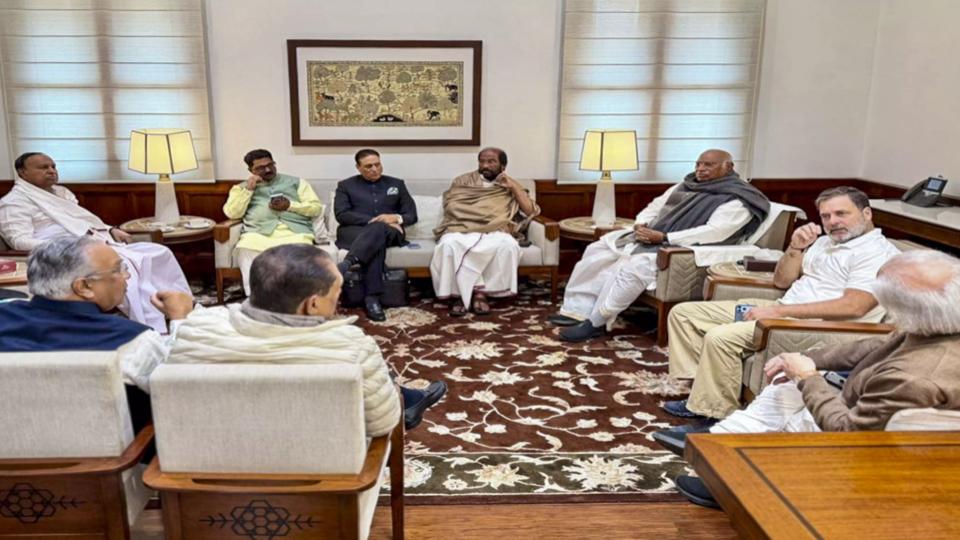
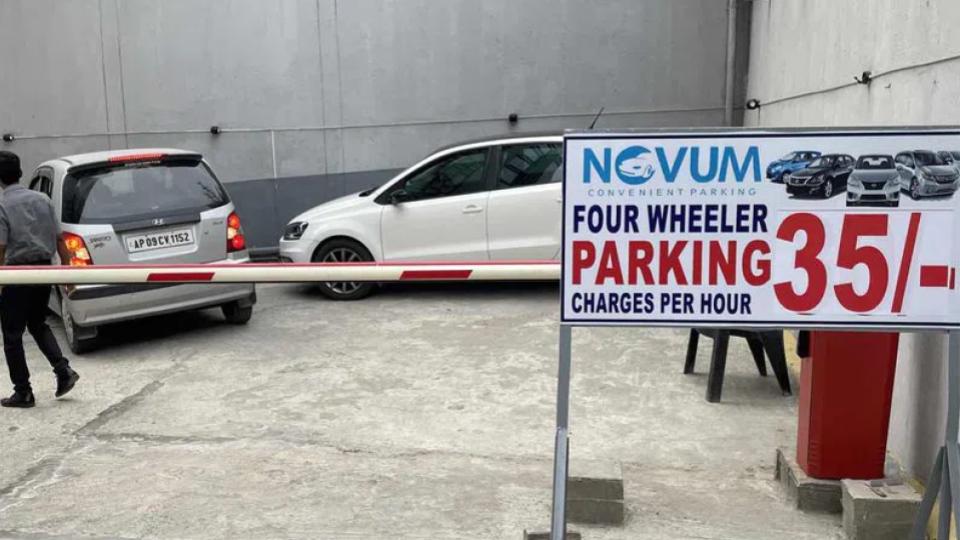
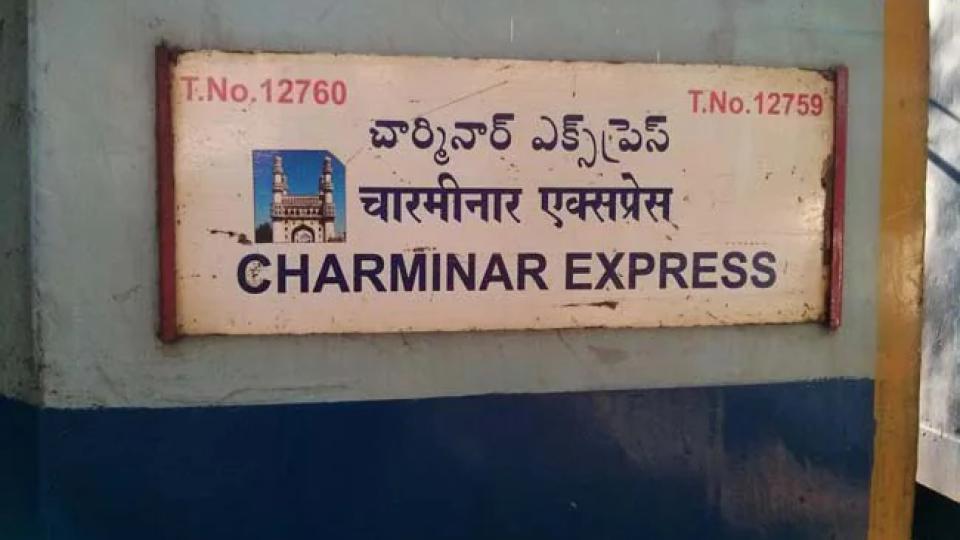
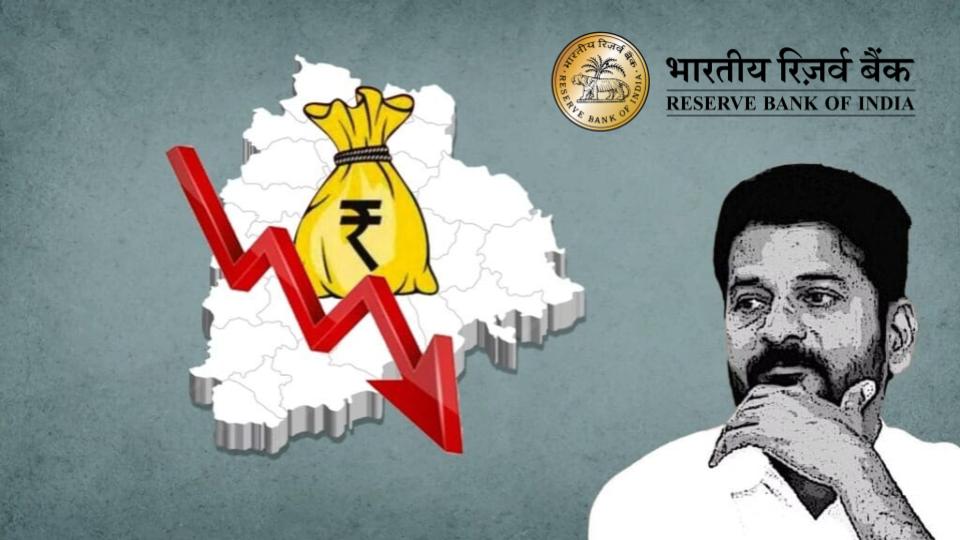
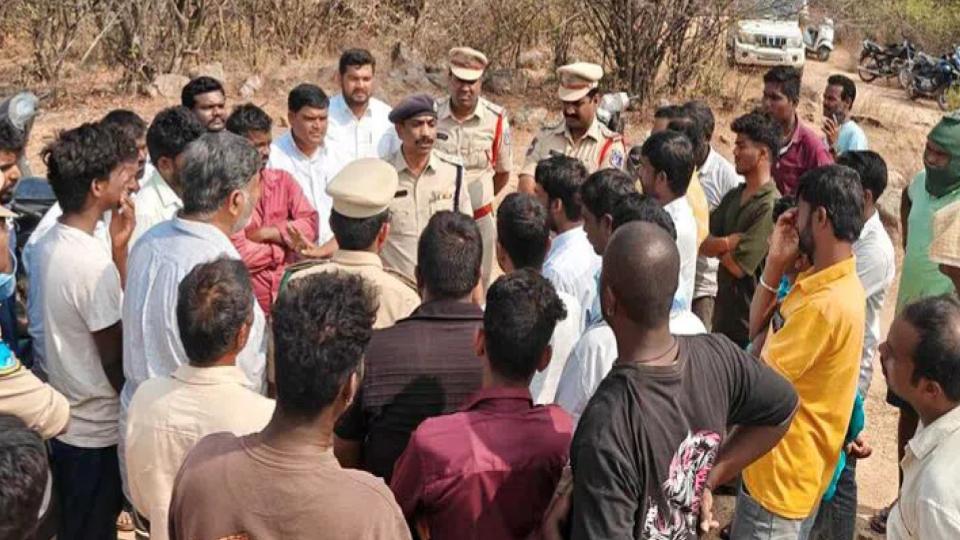
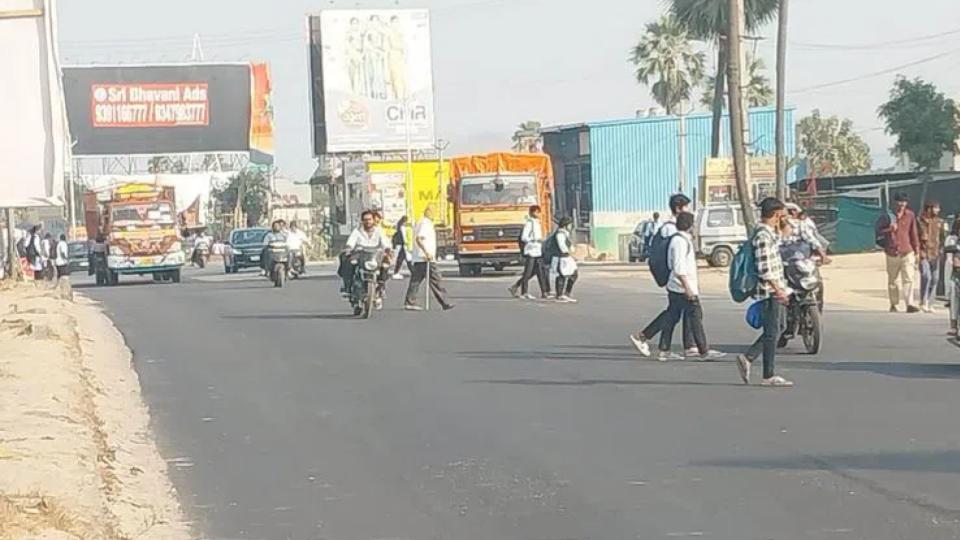
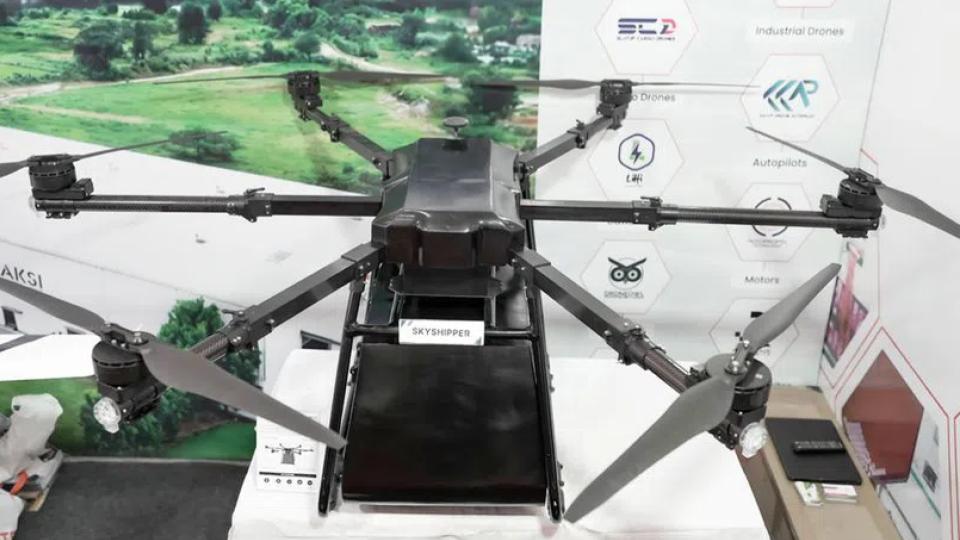

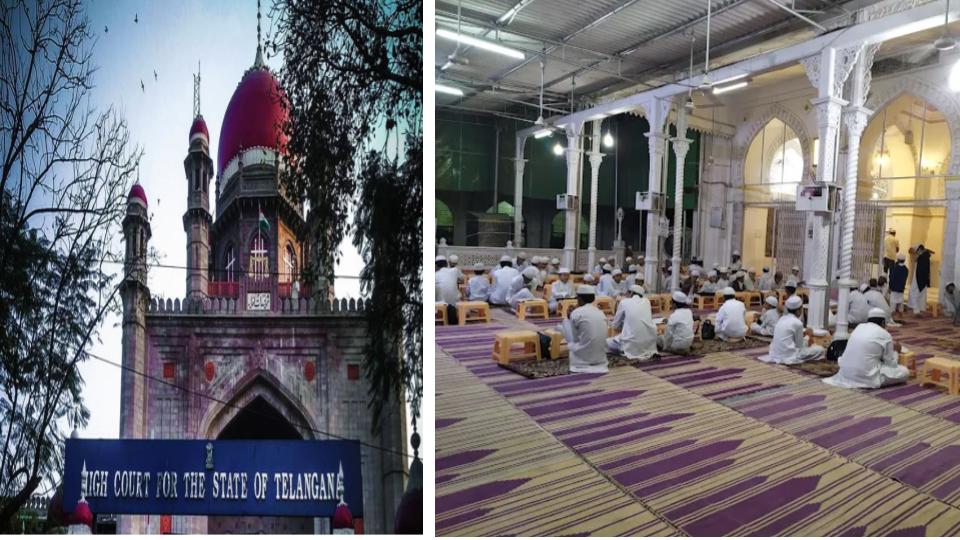
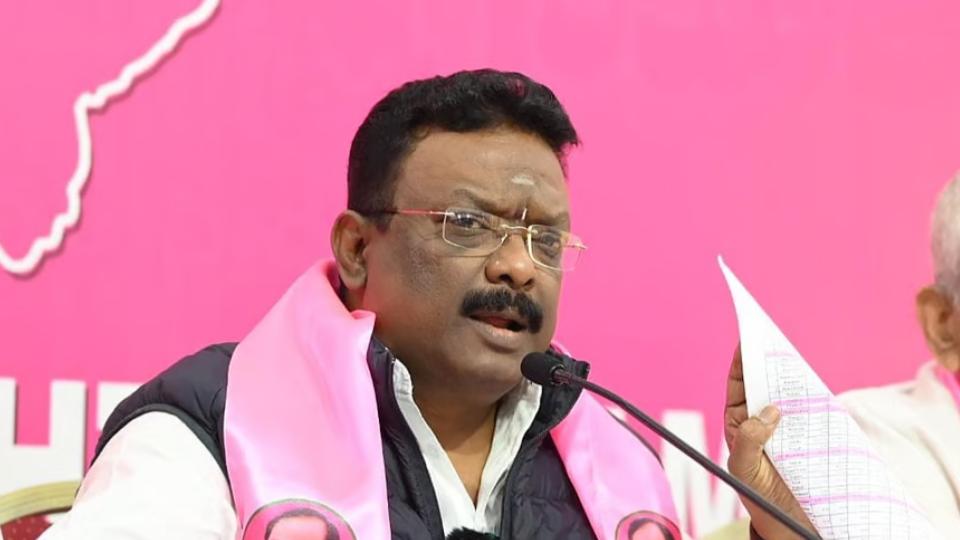
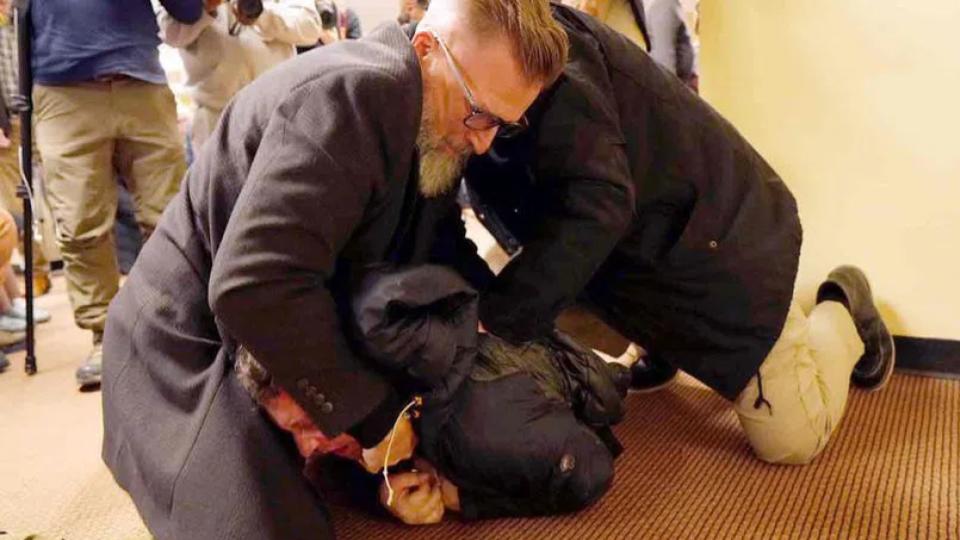
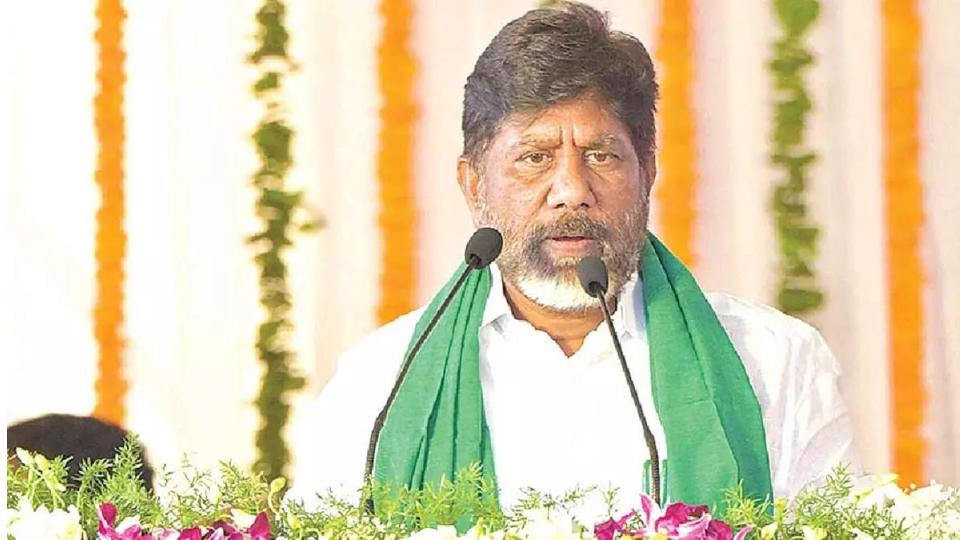


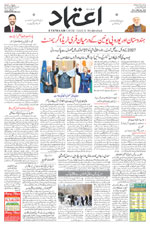










.jpg)
.jpg)
.jpg)


